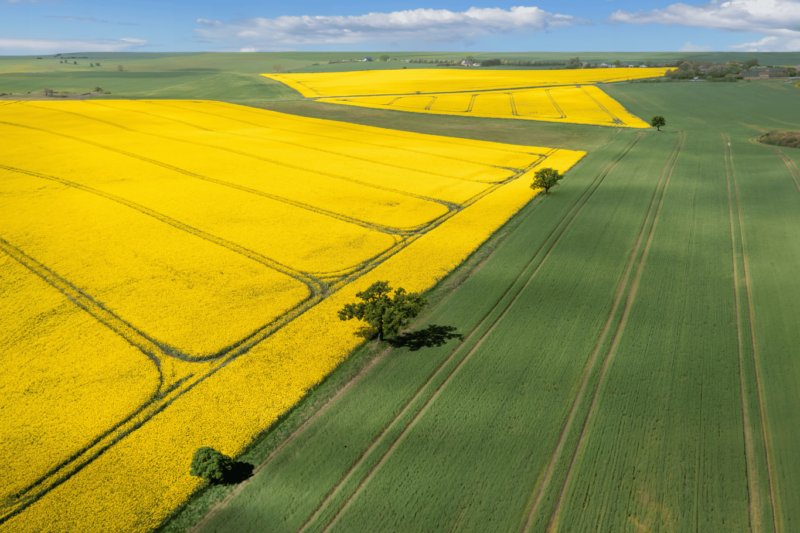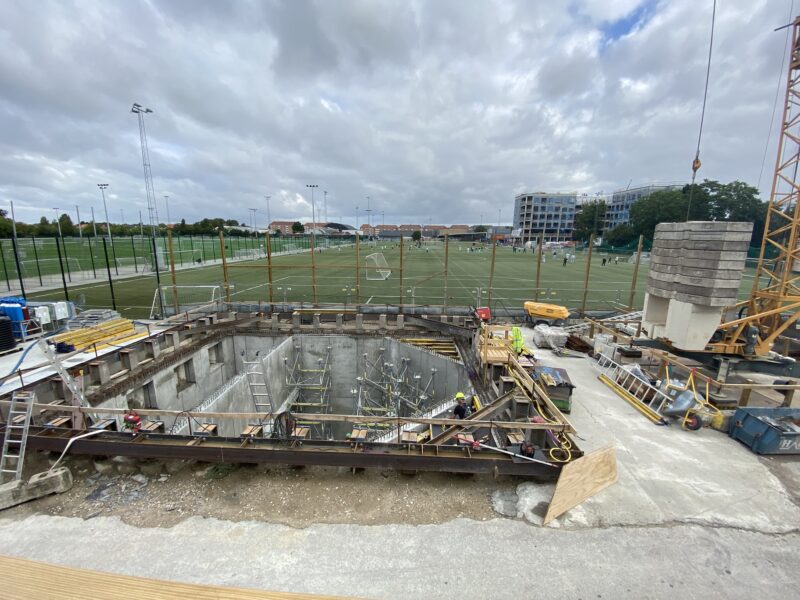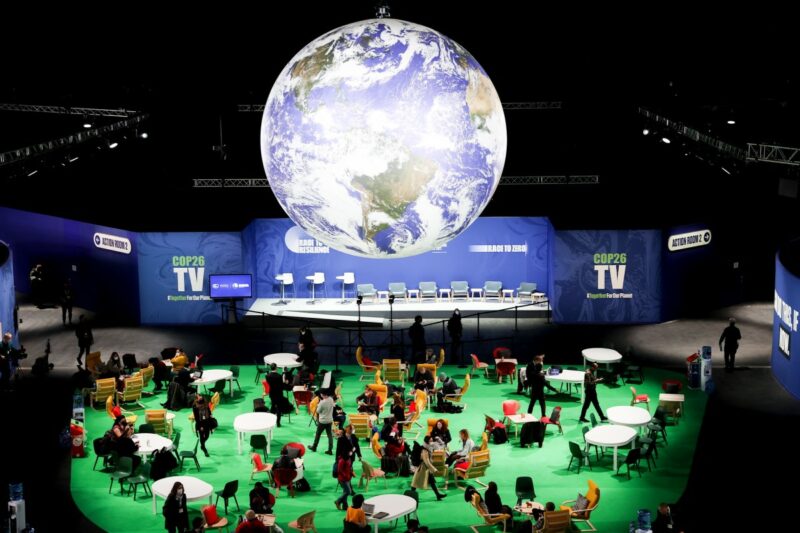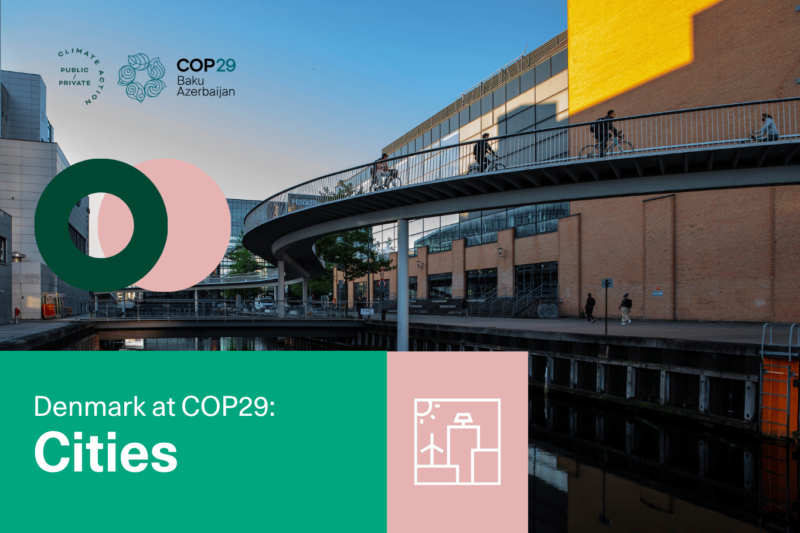News
Flood prevention
Nature based solutions
Urban water management
+2
New White Paper on Climate Adaptation Launched at Aquatech


Like many other countries, Denmark has experienced the consequences of a changing climate first-hand with extreme rain events that have caused flooding and damages to homes and infrastructure. More and more Danish cities and water utilities therefore are looking into managing rainwater as close to the source as possible and diverting it away from the sewerage systems and wastewater treatment plants to reduce the risk of combined sewer overflows.
The white paper presents the various possibilities of using rainwater as a resource as opposed to considering it as something that simply needs to be hidden in sewers. The aim of using rainwater as a resource is partly to reduce the risk of flooding by optimising the rainwater management and partly to contribute to creating more green and liveable cities.
-Download the full white paper
Cost-efficiencies from integrated approach
As the various chapters and case examples in the publication show, there are many benefits and cost-efficiencies to be achieved by using rainwater as a resource as opposed to considering it as something that simply needs to be hidden in sewers.
-Related news: Kamstrup Introduces a New Solution for Monitoring Flow and Pressure in the Distribution Network
When designed right, Sustainable Urban Drainage Systems (SUDS) can play a key role in creating cities that are both more resilient and liveable. But in order to reap those benefits national governments, municipalities, water utilities and private property owners need to find new ways of collaborating as rainwater doesn’t care about administrative or geographical borders.
-Related news: Denmark and South Africa Strengthen Cooperation on Water Technology
The key is to have the right tools and models to ensure that efforts are prioritised best and that the right stakeholders are involved at the right time throughout the process. There are several treatment technologies which can help cities keep a sustainable water balance by allowing rainwater to infiltrate to the groundwater aquifers or to be discharged into nearby lakes or streams. And in areas with water scarcity, local rainwater harvesting and recycling can be a valuable source of non-potable water. SUDS can also contribute to increased biodiversity in our cities and create new recreational spaces for the local community to enjoy.
The white paper is developed in cooperation with the Danish Innovation Network “Water in Urban Areas”. The network consists of 150 knowledge institutions, government agencies and municipalities, utilities and private companies.
Official launch at Aquatech Amsterdam
The white paper was officially launched yesterday at the Danish Pavilion at Aquatech Amsterdam with presentations from Water in Urban Areas, Klimaspring and Amphi Consult.
The launch event included presentations from one of the technical editors of the white paper, Hanne Kjær Jørgensen, as well as Stefan Oblakowski from the company Amphi Consult who contributed with a case from the white paper on how to increase biodiversity through climate adaptation in Poland.
Finally, the event included a presentation from the organisation behind the “Klimaspring” campaign on how we need to to rethink the way we think about and work with climate adaptation, stressing the need to look at the synergies and added benefits SUDS solutions can bring to urban development, rather than just focusing on the problems.
-We need to shift focus from minimising costs and risks to creating value. When you create solutions that solve more than one problem at the same time, the solutions shift from being mandatory to being meaningful,” said Mikkel A. Thomassen, Partner at Smith Innovation/Klimaspring.
The white paper is available in hard copy at the Danish pavilion at Aquatech and can also be downloaded online.
You should consider reading
solutions
Climate change adaptation
+4















